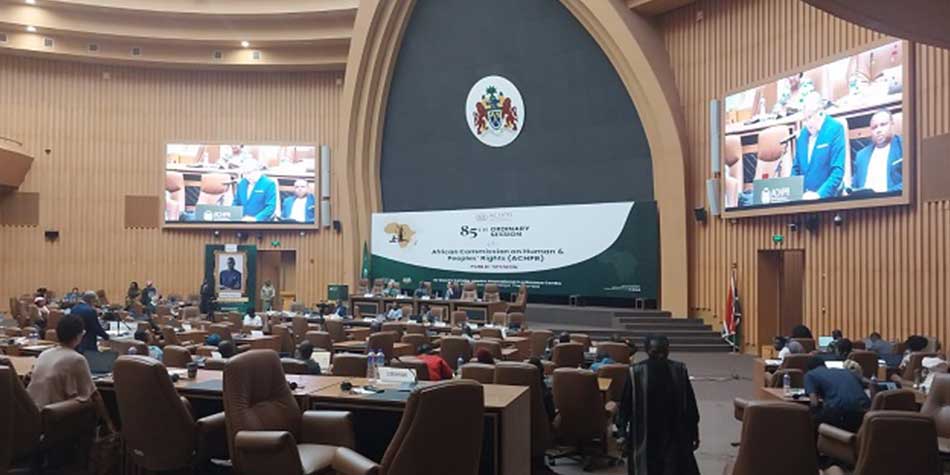
There is a moderate risk of a return to the death penalty in your country.
In this case, the Executive branch or Members of Parliament may have already called for the resumption of executions or for the legal reinstatement of the death penalty by using public opinion support for the death penalty in an attempt to boost their popularity. Civil society organizations are repressed or obstructed. The rule of law is not always respected. However, no concrete steps have been taken to reinstate the death penalty.
Also, there has been a strong international commitment taken by your country not to reestablish the death penalty, as your country is a state party to an international and/or regional treaty to abolish the death penalty. In your fight to keep your country abolitionist, this is an important element to keep in mind!
What you can do!
- Make sure that the Executive and the Legislative Branches are aware of your country’s ratification of an international and/or regional treaty to abolish the death penalty and of their obligations under international law not to reinstate the death penalty. To know more about it, check our FAQ on these treaties. Also, take note of who you can contact at the institutions responsible for these treaties and keep the information ready for use should the situation escalate.
- Make sure that you and your organization are safe and check our tool on “Helpful Hints and Advice on Online Harassment”
- Create an informal network of local activists interested in working on the death penalty and regularly monitor the situation. You may use safe technologies such as a Signal group or an emailing list hosted by a secure platform to coordinate your discussions. This will be really helpful if the risk becomes higher in the future.
- Monitor other international commitments not to reinstate the death penalty taken by your country and make sure that the Executive and the Legislative Branches are aware of it.
- Get in touch with international NGOs to get support and coordinate international advocacy







